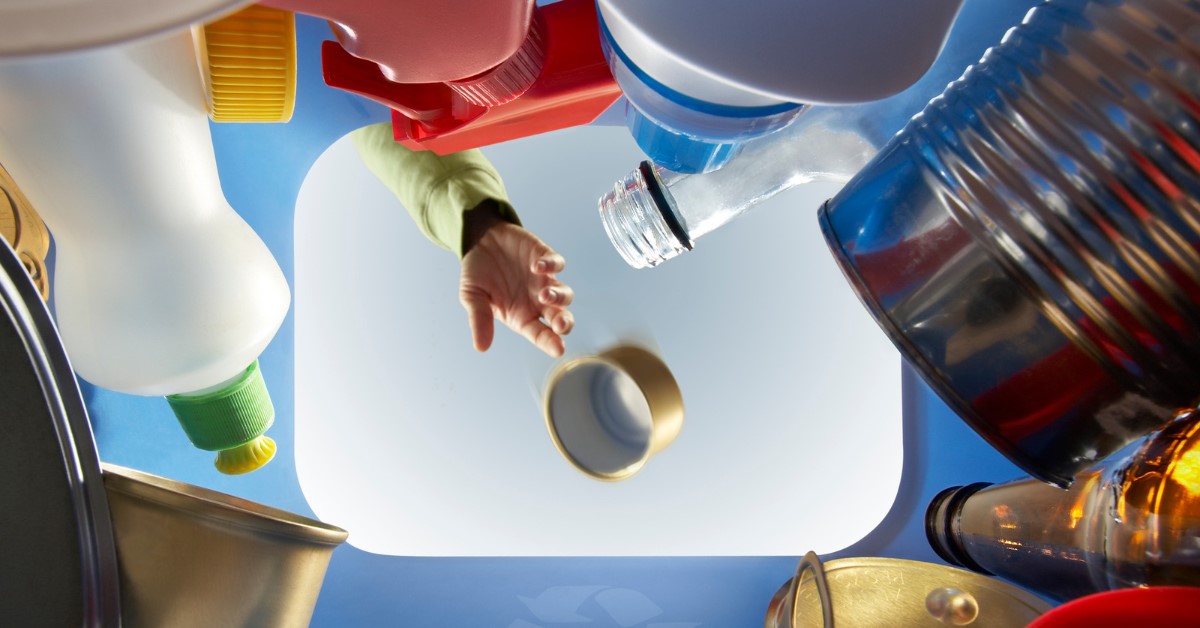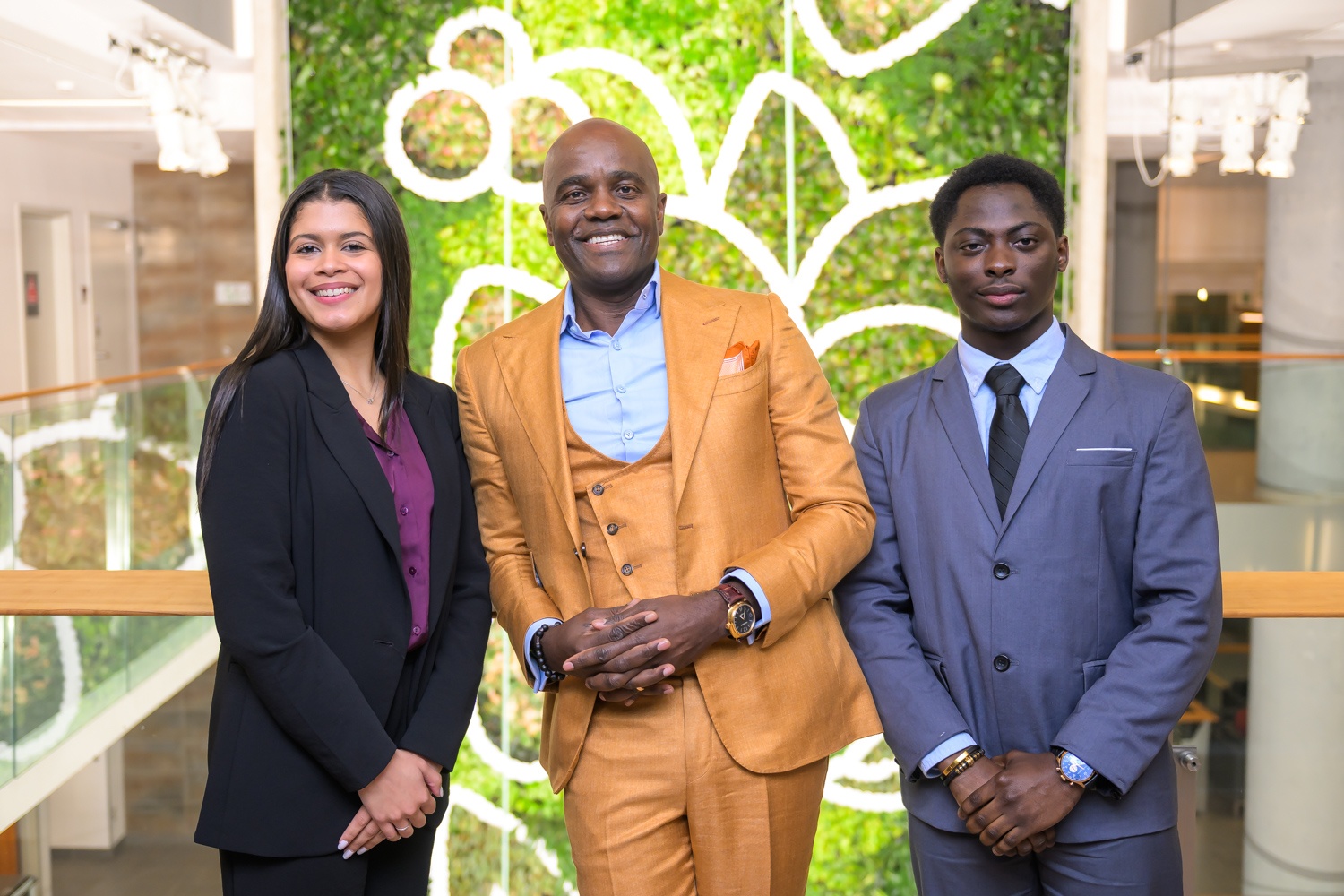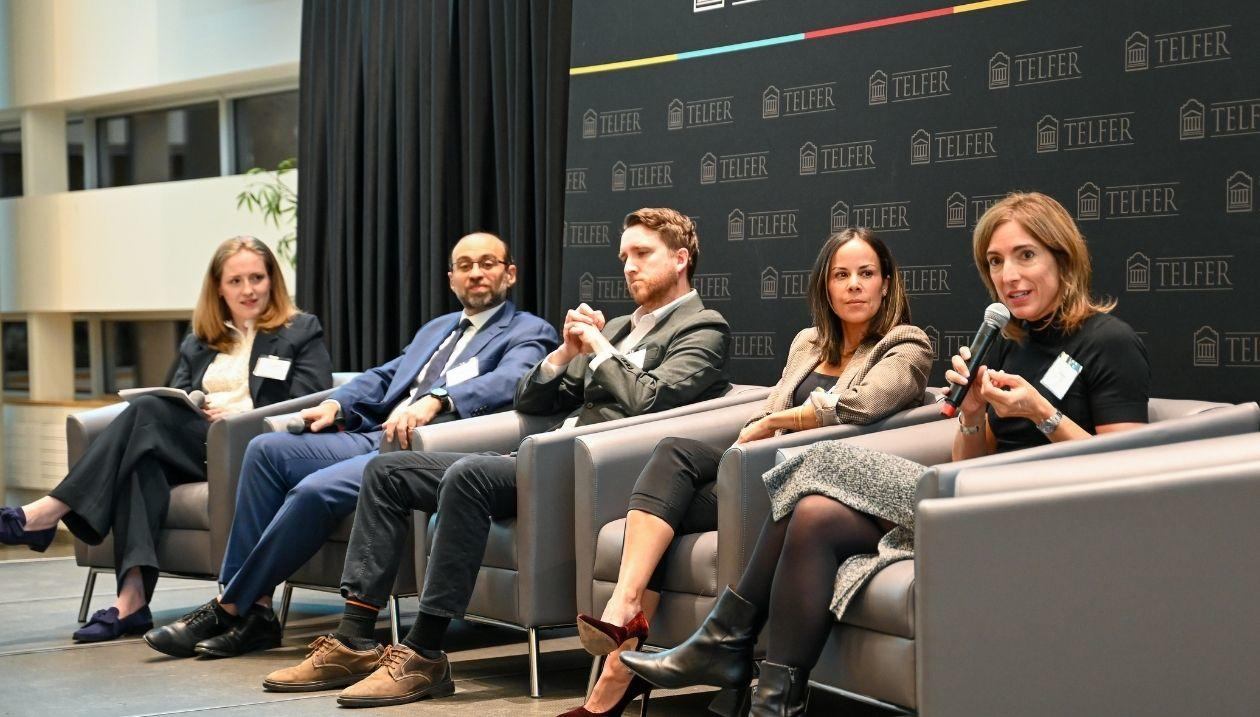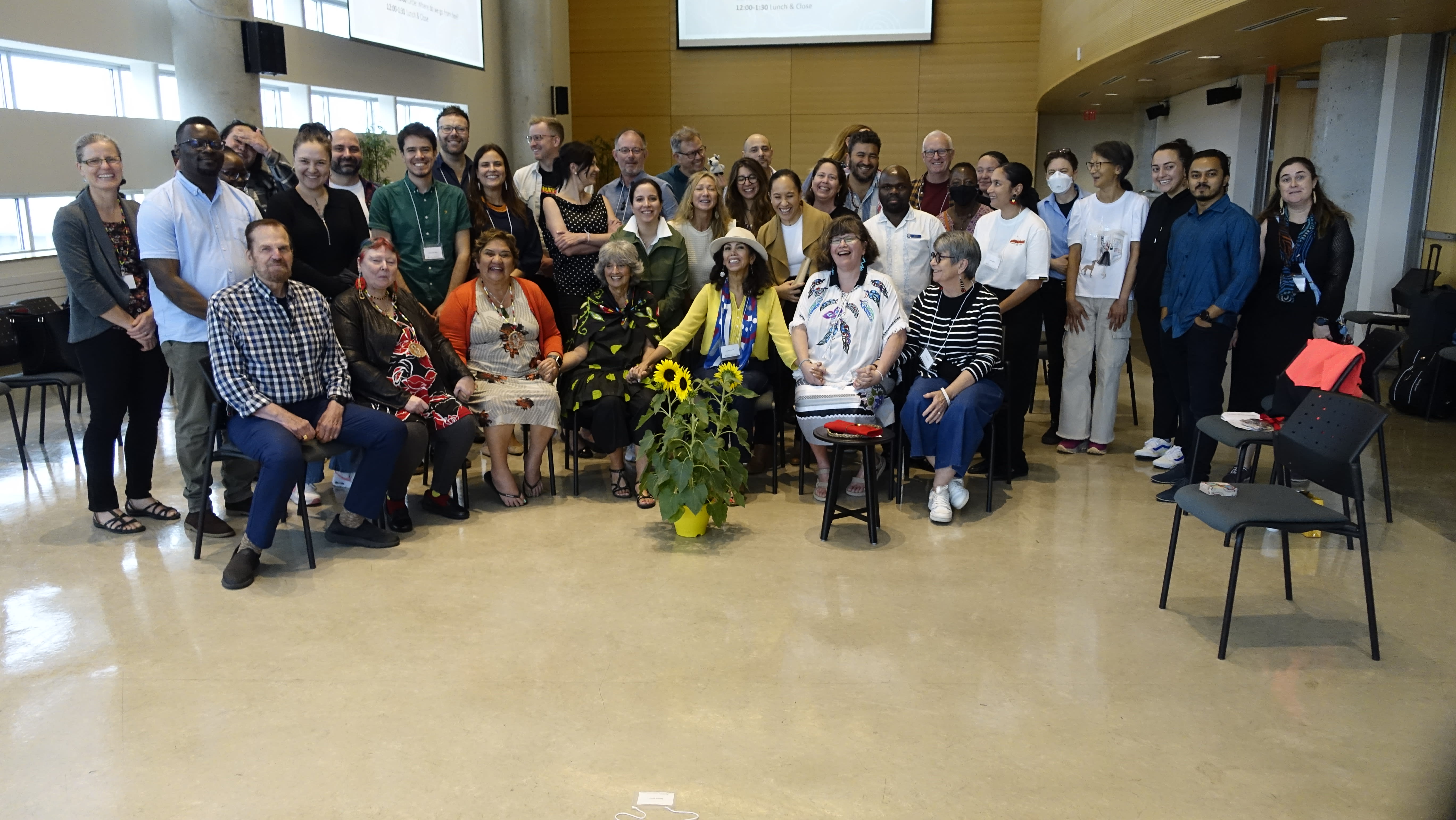At a time when sustainability is of paramount importance, recycling remains an important means of protecting the environment. Benefits of recycling include limiting landfill waste and curbing the accelerating consumption of non-renewable resources. Furthermore, recycling creates a circular economy, conserving energy by minimizing the processing of raw materials.
However, a major challenge facing recycling plants is the practice of wishcycling, putting an unrecyclable object into the recycling bin hoping for it to be recycled. This leads to recycling contamination, creating more waste as whole batches of contaminated items are rendered unrecyclable and re-routed to landfills.
Professor Argiro Kliamenakis has received a Social Sciences and Humanities Research Council Insight Development Grant to study the practice of wishcycling. Her project, titled Wishcycling: When Consumer Recycling Goes Wrong, will analyze the reasoning behind wishcycling and determine interventions to reduce it. She will examine the underlying psychological mechanisms driving consumer wishcycling, investigate product characteristics that influence it and test educational campaigns that can discourage it.
Good intentions and guilt
“I was very much taken aback when I read that recycling contamination rates have reached upwards of 25% and continue to edge upwards in many cities across Canada … What’s interesting though, is that, most of the time, people have good intentions and feel good about contributing to a cleaner environment,” says Kliamenakis. “We have access to so much information … but if people feel guilty throwing an item in the trash, they’re probably less likely to want to seek out information regarding item recyclability and simply prefer to throw items in the recycling bins, hoping they can get recycled. I’m interested in knowing how we can reverse this effect.”
Current research suggests that recycling behaviour, because of its beneficial impact on the environment, is associated with moral norms. Disposing of items in the trash likely elicits feelings of consumer guilt because of the detrimental impact on the environment. Consumers may avoid information related to item recyclability, leading to non-recyclables being recycled.
Research impact
Prior research has investigated conditions that promote recycling. However, there’s a lack of research on the conditions that discourage wishcycling and encourage accurate recycling. To fill this gap, Kliamenakis will conduct four experimental studies using uOttawa’s Integrated System of Participation in Research and INSPIRE laboratory facilities.
This research will contribute to the literature on consumer recycling, exploring the gaps pertaining to wishcycling. It aims to provide practical recommendations to organizations and policy officials for designing public service announcements that promote accurate recycling behaviours.











